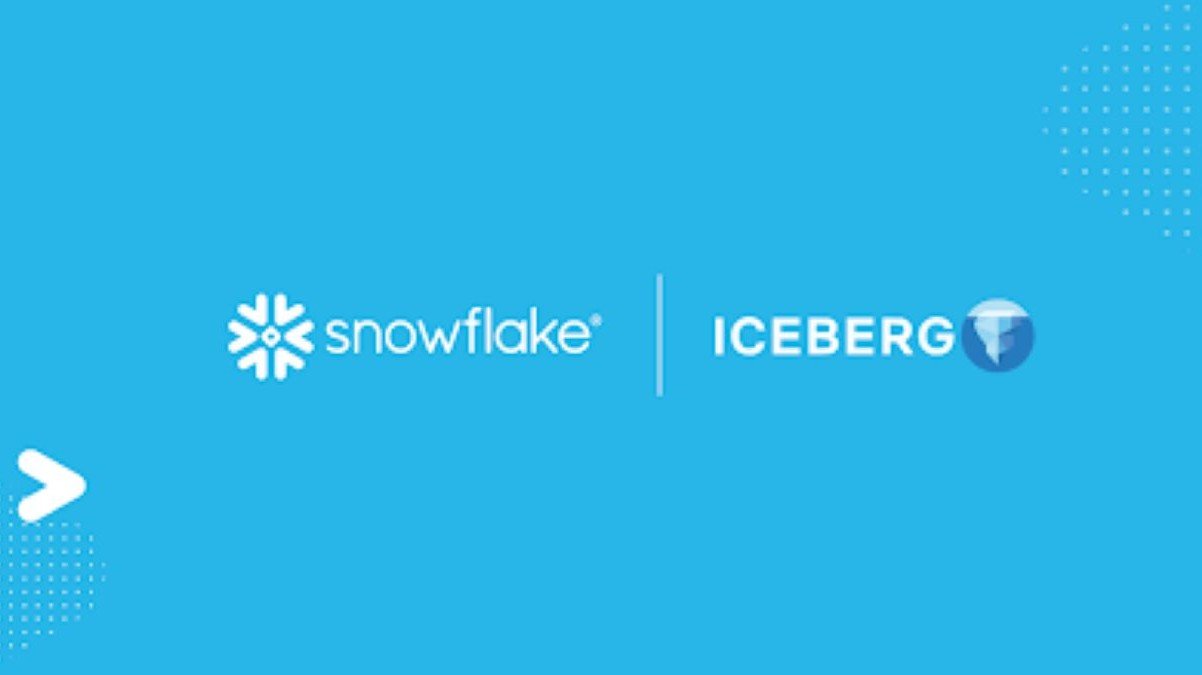Snowflake has announced that it is bringing its core capabilities — unparalleled performance, secure data sharing, and data protection — to Apache Iceberg tables, one of the fastest-growing open table formats, empowering organizations to activate data faster with zero data movement and open interoperability. As a result, Snowflake customers can now seamlessly accelerate their open lakehouse strategies, unlocking data access and analysis across open and managed environments in order to build, scale, and share advanced insights and AI-powered apps faster.
Until now, organizations have been forced to make tradeoffs when it comes to managing their data — relying on integrated data platforms or opting for open, interoperable data formats like parquet. With Snowflake’s full support for Apache Iceberg tables, customers now gain the best of both worlds. Users can store, manage, and analyze their data in an open, interoperable format, while still benefiting from Snowflake’s easy, connected, and trusted platform. All of this happens without vendor lock-in, enabling thousands of global customers with unparalleled performance and flexibility so they can tap into all of their data, and ultimately propel their AI strategies forward.
“The future of data is open, but it also needs to be easy,” said Christian Kleinerman, EVP of Product, Snowflake. “Customers shouldn’t have to choose between open formats and best-in-class performance or business continuity. With Snowflake’s latest Iceberg tables innovations, customers can work with their open data exactly as they would with data stored in the Snowflake platform, all while removing complexity and preserving Snowflake’s enterprise-grade performance and security.”
Snowflake is deeply invested in advocating for open standards and community-driven open source projects that enhance data interoperability and transparency. In fact, 35% of Snowflake’s acquisitions over the last four years have been companies with technologies that strengthen open data ecosystems, underscoring the company’s investment in openness.












